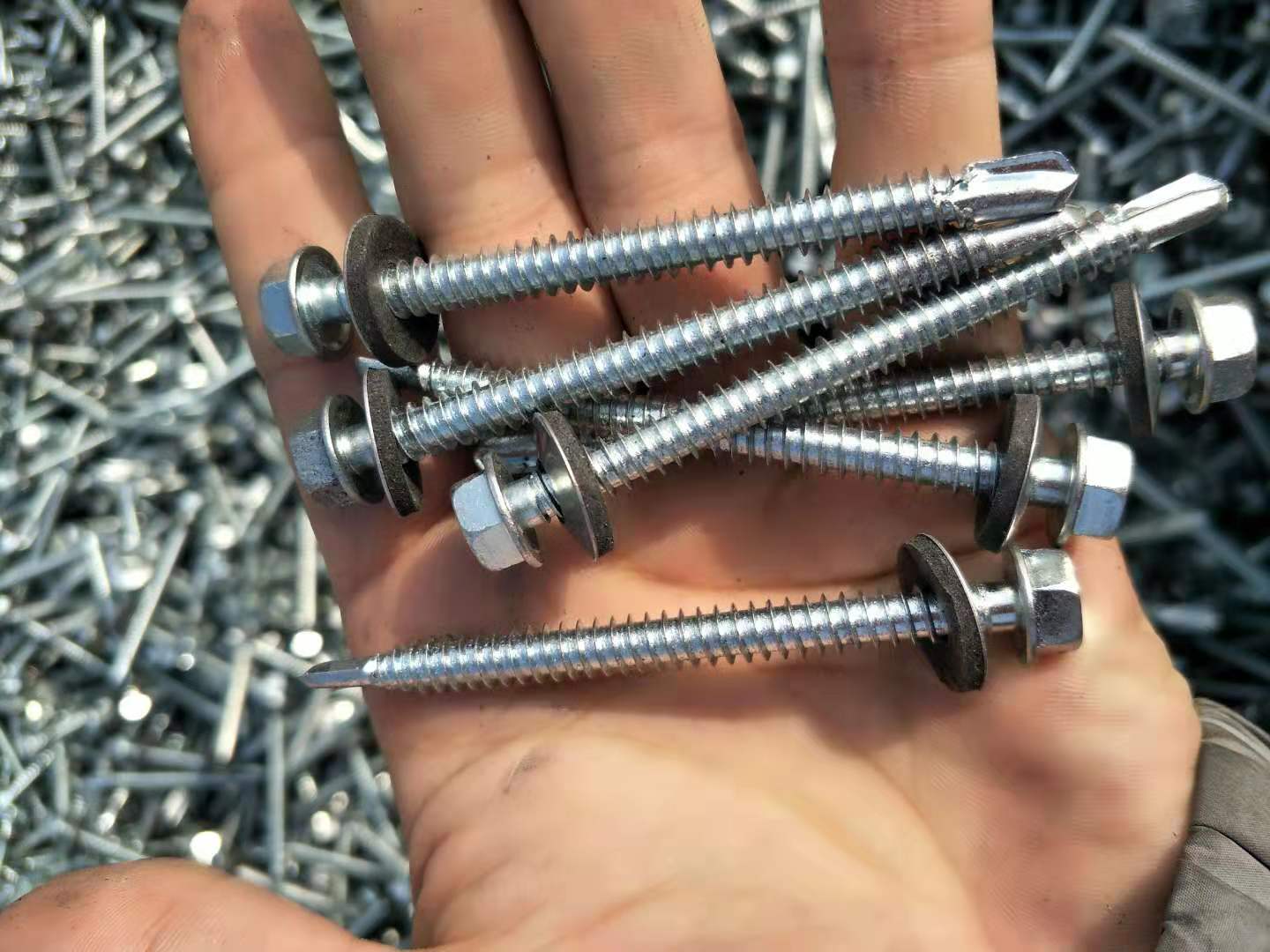m3 self tapping screw hole size product
Understanding M3 Self-Tapping Screws and Their Hole Size Requirements
Self-tapping screws have become an essential fastener in various industries due to their ability to create their own threads when driven into a material. One of the popular sizes available on the market is the M3 self-tapping screw. Understanding the dimensions, including hole size requirements for M3 self-tapping screws, is crucial for ensuring the effectiveness of the fastening process and achieving structural integrity.
What is an M3 Self-Tapping Screw?
The “M3” designation refers to the metric screw size, specifically indicating a major thread diameter of 3 millimeters. Self-tapping screws, as the name implies, are designed to tap their own holes as they are driven into materials such as wood, metal, or plastic. This feature eliminates the need for pre-drilling, providing a more efficient assembly process.
M3 self-tapping screws come in various lengths and head styles, such as pan, flat, or hex heads, catering to a wide range of applications. These screws typically have a sharp tip designed to pierce materials easily, allowing for quick insertion and secure fastening.
Importance of Hole Size for M3 Self-Tapping Screws
When using M3 self-tapping screws, the correct hole size is vital to ensure proper grip and performance. If the hole is too large, the screw may not hold securely, leading to joint failure. Conversely, if the hole is too small, it may cause the screw to strip or break during installation.
For M3 screws, the recommended pilot hole size largely depends on the material into which the screw is being driven. Generally, for metals, a pilot hole slightly smaller than the screw’s outer diameter is typically suggested (around 2.5 millimeters for an M3 screw). For softer materials like wood or plastic, the pilot hole can be closer to the screw's diameter, allowing the screw to anchor properly without excessive resistance.
m3 self tapping screw hole size product

Pilot Hole Guidelines
While specific requirements can vary based on the particular application, here are some general guidelines for pilot hole sizes for M3 self-tapping screws
1. For Steel Use a pilot hole of about 2.5 mm (0.098 inches). 2. For Aluminum A similar size of around 2.5 mm works well. 3. For Wood A pilot hole of 2.8 mm (0.11 inches) or even the same diameter as the screw (3 mm) can be used to allow the screw to gain a secure grip. 4. For Plastic Depending on the type of plastic, a pilot hole of 2.5 to 3 mm may be effective.
Factors Influencing Hole Size Choice
When determining the right hole size, several factors should be considered
- Material Type Different materials have varying hardness and friction properties, affecting the screw's performance. - Screw Length The length of the M3 screw may also influence hole size, as longer screws require a more substantial engagement for holding power. - Environment If the screws are used in high-stress applications or exposed to vibration, ensuring the right hole size is even more critical to prevent loosening over time.
Conclusion
In conclusion, M3 self-tapping screws are versatile fasteners that provide efficiency and strength in various applications. Understanding the hole size requirements is essential for achieving optimal performance and durability. By following guidelines for pilot hole sizes relative to the materials being used, you can ensure secure fastening and durability for your projects. When in doubt, consulting manufacturer specifications or industry standards is recommended to get the best results with your M3 self-tapping screws. With the right approach, you can achieve reliable and effective fastening solutions that stand the test of time.
-
Top Choices for Plasterboard FixingNewsDec.26,2024
-
The Versatility of Specialty WashersNewsDec.26,2024
-
Secure Your ProjectsNewsDec.26,2024
-
Essential Screws for Chipboard Flooring ProjectsNewsDec.26,2024
-
Choosing the Right Drywall ScrewsNewsDec.26,2024
-
Black Phosphate Screws for Superior PerformanceNewsDec.26,2024
-
The Versatile Choice of Nylon Flat Washers for Your NeedsNewsDec.18,2024










